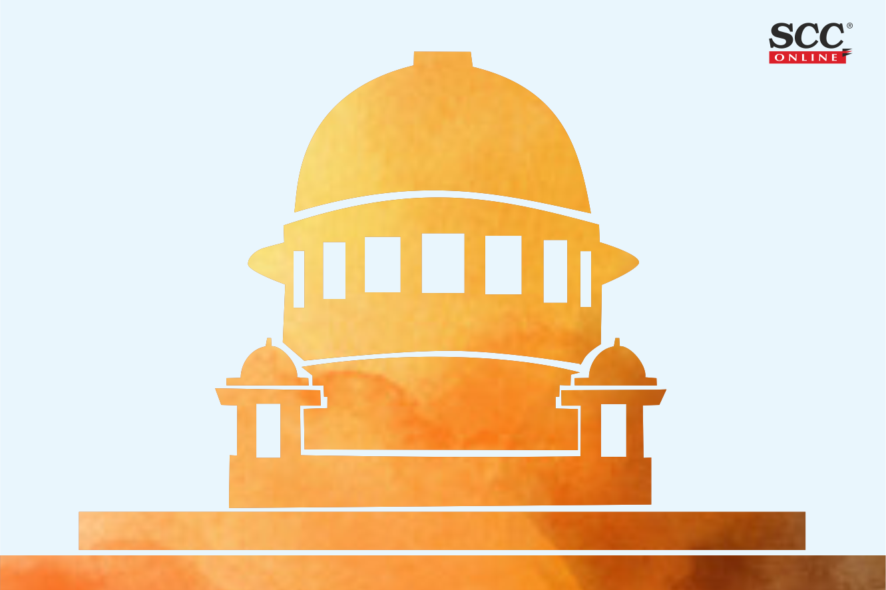Supreme Court: A three-Judge Bench of L. Nageswara Rao, B.R. Gavai and B.V. Nagarathna, JJ. is considering a writ petition seeking to declare that the right to access to virtual courts through video conferencing is a facet of fundamental rights. The Court has issued notice to various parties including the Bar Council of India, the Supreme Court Bar Association and several High Courts.
A writ petition under Article 32 of the Constitution of India has been filed by the All India Association of Jurists and another. The All India Association of Jurists is an association of more than 5000 lawyers practicing in different States of the country, including various High Courts and the Supreme Court. The petitioner claims to seek intervention of the Supreme Court “to effectuate the right of access to justice, and the freedom of practicing the noble profession of law irrespective of geographical location“.
The petition lays challenge to an order dated 16-8-2021 passed by the Registrar General of the Uttaranchal High Court through which access to virtual courts has been proscribed by directing that no such request shall be entertained. The petition further states that a copy of the said letter has been forwarded to the Registrar Generals of all the High Courts, with an anticipation of issuance of similar such orders by other High Courts of the country. The petitioner claims that the impugned order of the Uttaranchal High Court is “death knell” for the very idea of virtual courts, an accessible, affordable justice in the country being propagated by the E-Committee of the Supreme Court.
The petition also seeks to raise the issue that large number of advocates of the petitioner Association as also those across the country are compelled to appear physically before many courts of the respective High Courts, in view of commencement of physical hearing in the High Courts.
In such circumstances, the petition is filed seeking an appropriate writ, order or direction for:
(i) Declaring that the right to access to virtual courts through video conferencing for attending and participating in the conduct of any case proceeding is facet of fundamental right guaranteed under Part III of the Constitution of India;
(ii) Quashing the impugned order dated 16-8-2021 issued by the Registrar General of the Uttaranchal High Court prohibiting access to virtual courts through video conferencing;
(iii) Ensuring that lawyers and counsels are not denied in any manner the benefit of attending any category/class of proceedings being conducted before High Courts, only on the ground that they have opted for virtual court hearing instead of physical mode of hearing.
By the instant order, the Supreme Court allowed the petitioner’s request to implead the Bar Council of India and the Supreme Court Bar Association as and among respondents. A notice has been issued returnable on 4-10-2021. [All India Association of Jurists v. Uttaranchal High Court, WP (C) No. 941 of 2021, dated 6-9-2021]
Tejaswi Pandit, Senior Editorial Assistant has reported this brief.
Advocates before the Court:
For the Petitioner (s): Siddarth Luthra, Sr. Advocate
Siddarth R Gupta, Advocate
Sriram P., AOR
Shubhangi Jain, Advocate
Prerna Robin, Advocate
For the Respondent (s): Pradeep Kumar Yadav, Advocate
Abhay Singh Yadav, Advocate
Sanjeev Malhotra, AOR
Mukesh K. Giri, Advocate







Virtual court hearing proposition by the E-courts Committee of S.C.I. is a globally acclaimed Fair & transparent rational Justice administration step put Indian Judiciary as one of the Leading Independent Judicial efficacy systems across Globe.
As a true independent India’s proud citizen every citizen salute to the Supreme Court’s E-committe’s digitization of court proceedings across India.